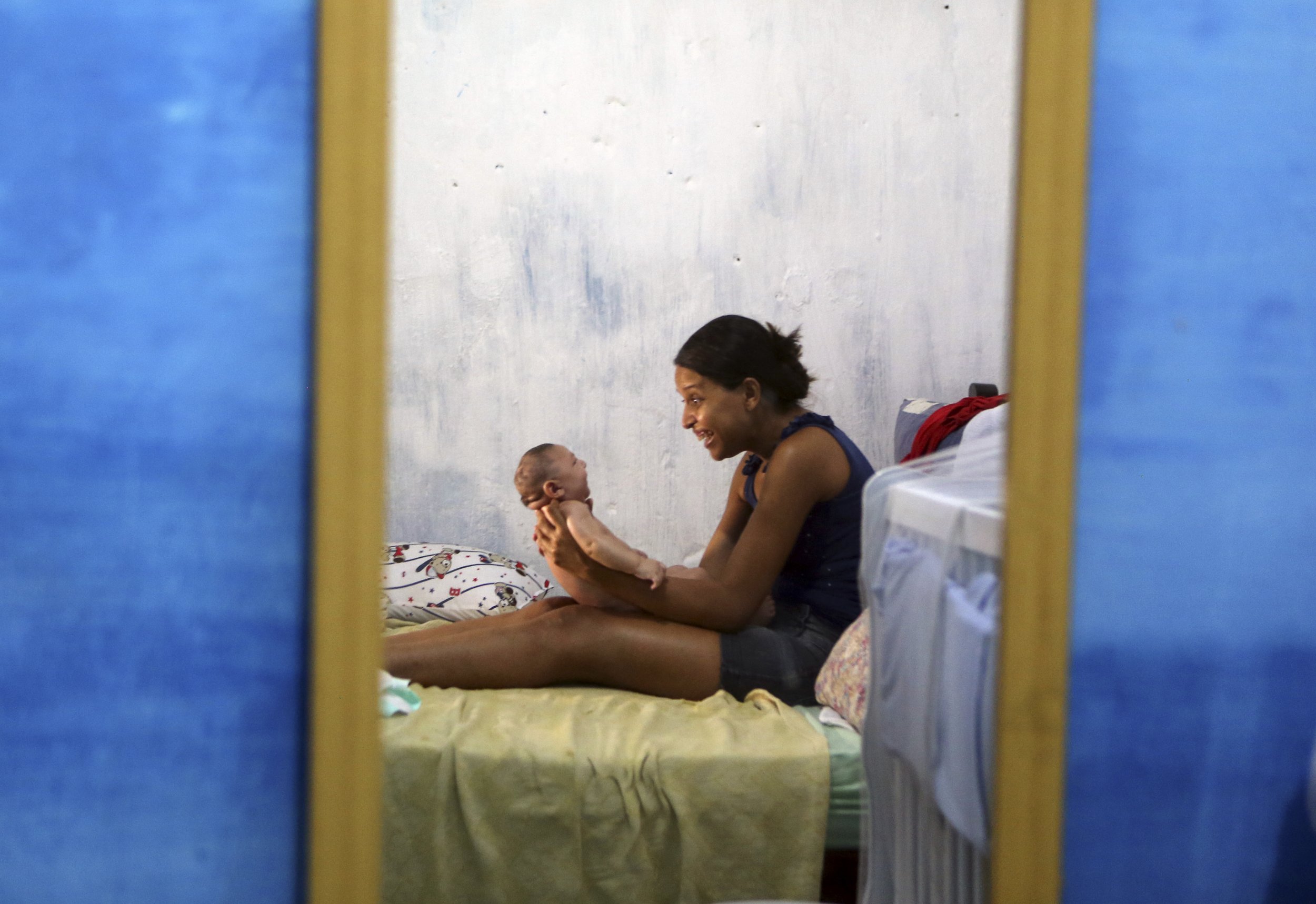
Just two months ago, the U.S. Centers for Disease Control and Prevention (CDC) confirmed for the first time that the Zika virus is capable of causing microcephaly and other birth defects in infants born to mothers who become infected during pregnancy. The conclusion was based largely on research and reports from Brazil, where more than 4,000 women have given birth to infants with birth defects due to infections from the mosquito-borne illness.
On Friday, the agency announced it is now tracking data on Zika-related pregnancy complications in the U.S. But the effort may have begun too late to reveal an accurate accounting of how the virus may be impacting pregnancies and births.
So far, health officials report three infants in the U.S. were found to have Zika-related birth defects confirmed through laboratory blood tests. The CDC also said three other women in the U.S. have lost infants due to the Zika virus—either through miscarriage, stillbirth or pregnancy termination.
The CDC released the data through its newly-established "Zika Pregnancy Registry" which will be used to track mortalities, birth defects and cases of microcephaly—a condition in which an infant is born with an abnormally small skull indicating incomplete brain development. Other birth defects found in infants affected by the virus include calcium deposits in the brain (a sign of possible brain damage), excess fluid in and surrounding the brain, absent or poorly formed brain structures, abnormal eye development, clubfoot and inflexible joints. All of these health issues are characteristics of what clinicians and experts have labeled "Zika virus congenital syndrome."
The CDC's current numbers are based on reports received from local and state health authorities as of June 9, 2016. This is not the first time the CDC has reported pregnancy complications caused by the virus in the U.S.; in February, the CDC said nine pregnant women who are U.S. residents and recently traveled to Zika-affected countries tested positive for the virus, and one gave birth to a child with microcephaly.
However, the registry is their first official attempt to publicly track Zika's grave effects on pre- and post-natal health, an important public health measure when contending with an emerging infectious disease.
But some public health experts say the effort should have occurred much earlier in the outbreak, and will fail to provide an accurate snapshot of how the virus is affecting pregnancies in the U.S. Bruce Lee, associate professor of international health and director of operations research, international vaccine access center at the Johns Hopkins Bloomberg School of Public Health, says there is mixed awareness when it comes to the significance of the outbreak. For some time clinicians haven't known what to look in patients, especially when it comes to Zika-related birth defects.
"Zika is so new, so people don't routinely test for it," says Lee. " The guidelines are quickly being established."
Clinicians are only just beginning to learn how Zika can affect fetal development, and most who encounter such birth defects in infants may not think to conduct blood tests to confirm that Zika caused such complications, especially some of the more mild defects.
The CDC says the Zika virus and Zika virus congenital syndrome are nationally notifiable conditions, joining a long roster that includes foodborne illness, Ebola, HIV, measles and other infectious illnesses that cause a threat to public health. What this means is that state and local health authorities are required to submit a report to federal authorities when they suspect a patient has the illness, and then another when the illness is confirmed.
Zika may be a new threat, but the public health challenge that come with tracking its effects certainly is not. A discouraging amount of research suggests reporting for nationally notifiable diseases is often incomplete. A study published in the American Journal for Epidemiology reviewed reports that accounted for nearly a dozen nationally notifiable conditions, and found that reporting completeness varied wildly—between 9 percent to 99 percent.
Since the mid-1990s, a number of studies have suggested Lyme disease, another vector-borne illness with many similar symptoms to Zika, is severely under-reported. Last year, after reviewing data from health insurance claims made between 2005 and 2010, CDC researchers estimated there are approximately 329,000 cases of Lyme disease in the U.S. in a given year—many more than the 30,000 annual reports the agency gets.
Underreporting usually occurs before local and state health authorities have the opportunity to intervene, Lee says. When it comes to nationally notifiable conditions sometimes a diagnosis never leaves the doctor's office. "The provider has to be aware that they need to report something; they are the ones who are going to see the outcome and the patient," says Lee. "They then have to report it to local channel, and then it has to be relayed upward."
Lee says in the case of Zika and Zika-related birth defects, underreporting has probably already happened. This may be especially true in poorer communities that have limited access to health care, or are serviced by medical centers that are short-staffed with limited resources and without an effective electronic medical records system. "Usually the weakest link is at the provider level," he says. "There may be providers that are very stressed in terms of time."
Uncommon Knowledge
Newsweek is committed to challenging conventional wisdom and finding connections in the search for common ground.
Newsweek is committed to challenging conventional wisdom and finding connections in the search for common ground.
About the writer
Jessica Firger is a staff writer at Newsweek, where she covers all things health. She previously worked as a health editor ... Read more
To read how Newsweek uses AI as a newsroom tool, Click here.








